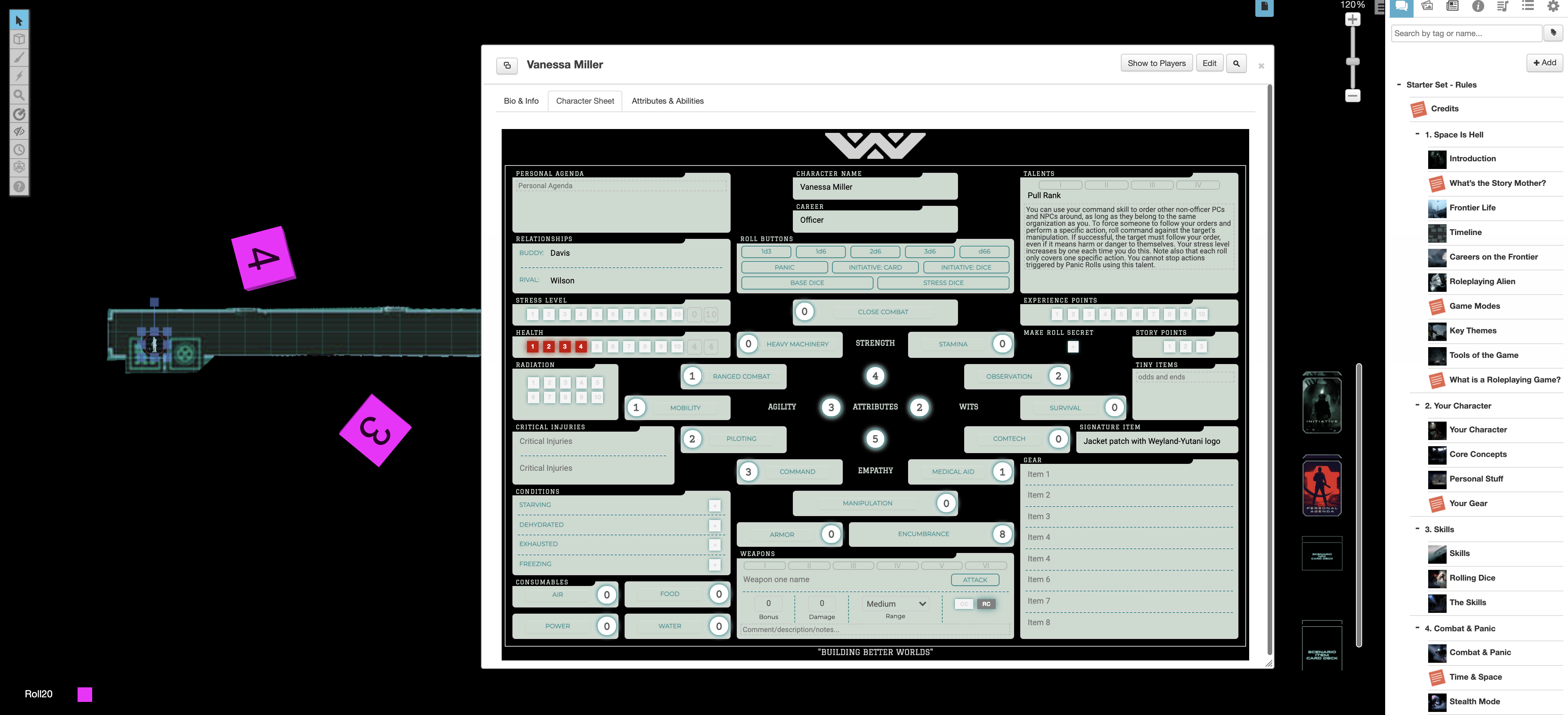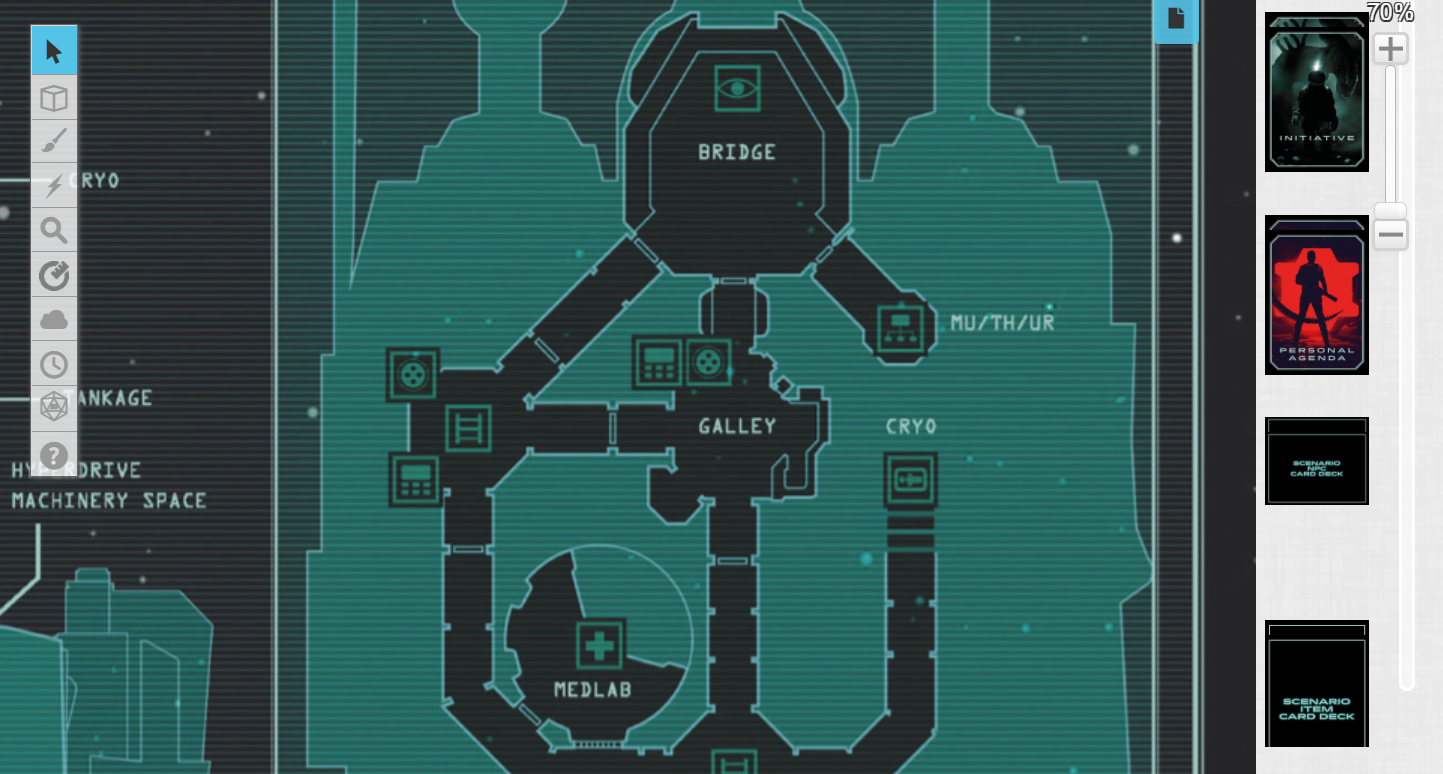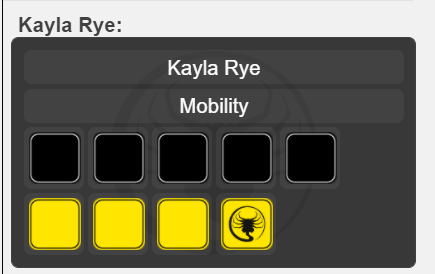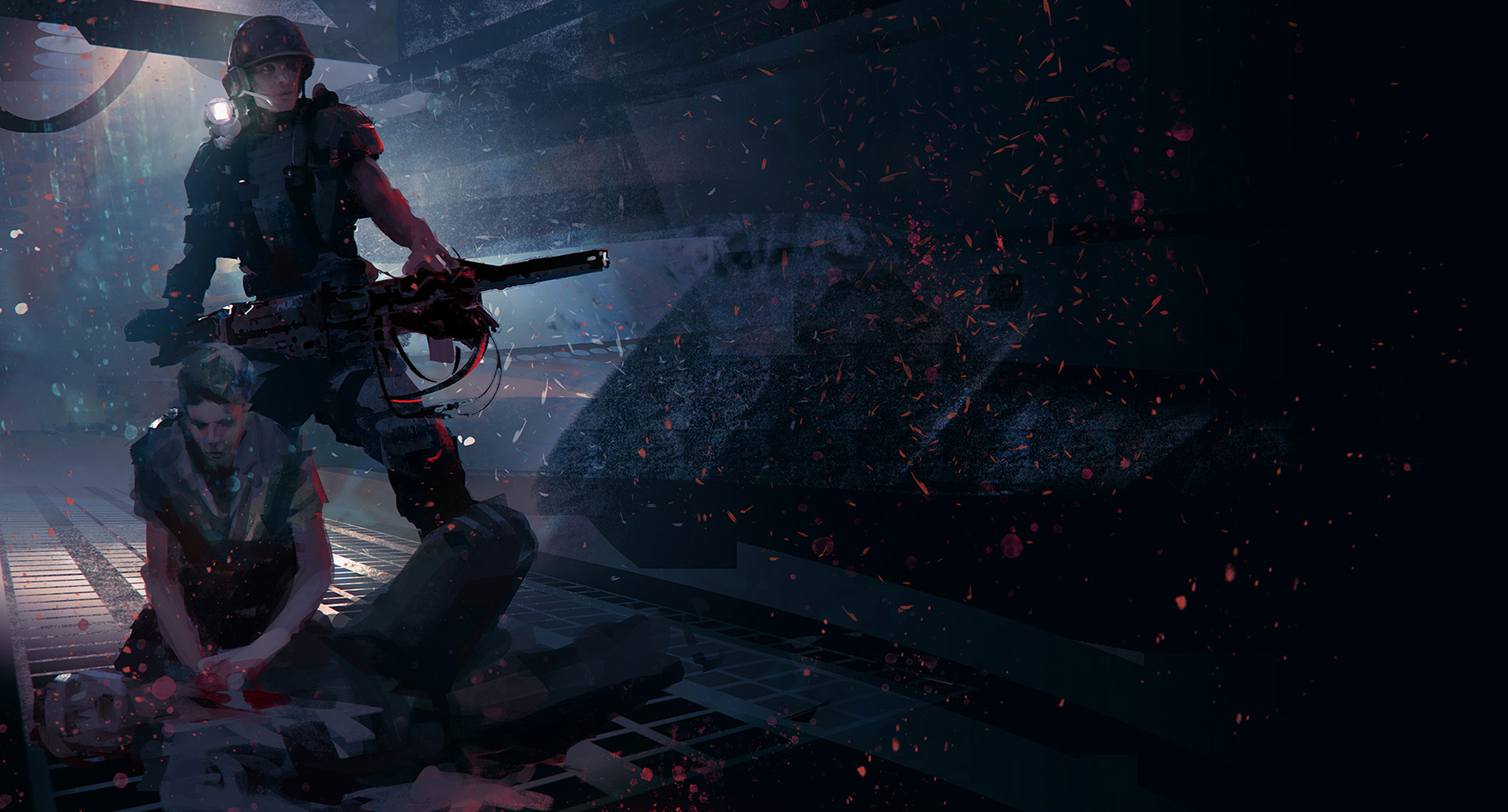
Luke
Whenever a friend or colleague planning to GM for the first time asks me for advice, I always come back to the same idea: Pacing.
Careful pacing is so often the difference between a good and bad session. This hobby is a bit unusual in that many of us--myself included--sometimes spend more time in a given week thinking about roleplaying games than sitting down and playing them with friends. That’s not a bad thing, per se. I think it speaks to just how engrossing and engaging those sessions can really be. But it does go to show that we need to be tactical with the way we spend time at a table

The character sheet is appropriately retro-tech themed--and Weyland-Yutani branded.
You can shorten your game sessions, sure, but two 2-hour sessions and one 4-hour session are not totally the same. Every time you end a session, you lose tempo. There’s the act of recapping and settling in and really getting back into the game to consider every time you sit down, and it’s hard to truncate those experiences in a meaningful way.
But in Alien RPG’s scenario Chariot of the Gods, I found a way to make those shorter 90-minute sessions work through clever, considered pacing.

The maps featured in the Roll20 conversion have these thematic old-school scanlines built in. And yes, those narrow hallways are Dynamic Lighting-ready.
Chariot of the Gods is one of Alien’s Cinematic scenarios, a four-or-five hour one-shot with prebuilt characters and a defined dramatic arc. That last point is important to note, because, at first glance, “Cinematic scenario” feels like it’s just a bit of clever branding. But what I found within the adventure module supported that phrase in an unexpected way.
The events of Chariot of the Gods take place over a three-act structure, and the content of those acts is divided further into little blocks of events. This isn’t an uncommon way to structure an adventure module or even a dungeon, but because Chariot of the Gods takes place, more or less, in a single, defined closed space--much like Alien the movie--these content blocks felt more modular. They weren’t tied into a sense of linear progression; rather, they were prewritten events and moments I could drop on my players to create a better sense of pacing. The book itself is pretty explicit about which of these events are optional and which are mandatory, so I never felt like I was spread too thin to think on-the-fly or that I was unable to keep track of details.
And this worked specifically for Alien as a setting because it gave me a lot of reasons to scare and thrill my players. I had a grab-bag of things that go bump in the night, and I could use those at-will to apply pressure or drama when my players overextended while exploring or started to get careless with their resources. Managing pacing was a breeze, and more importantly, I was able to end every single session on a meaningful cliffhanger. We split the module into three 90-minute-or-so sessions, and each one ended with something memorable enough to keep my players engaged and entertained.

This roll did not go particularly well.
It was after one particularly tense session (that ended with two player characters pointing their guns in each others’ faces) that one player remarked that the game had somehow started to feel like a limited-run TV drama. Each session was its own episode, with twists and turns and, most importantly, a good reason to come back for another session next week. Committing 3 or 4 hours to a game was just a little too much for him, but getting together with friends for three 90-minute sessions over the course of three weeks? That was a no-brainer.
The story in Chariot of the Gods isn’t particularly complicated, but it hits all the beats that you might want out of the franchise, and there are just enough betrayals and smoking guns that you can really settle into this sort of quick-fire pacing without losing too much tempo across multiple sessions. In fact, splitting play across these three acts actually added to the tension and, I think, made my players more invested.
It’s not the only way to play. Veteran roleplayers might want to see the whole story through in a single session, and busy players might actually find it easier to commit to a single Saturday rather than a few nights of play.
But for our group, playing online via the VTT, setup and takedown was easy and quick enough that jumping back into character each night was as easy as turning our mics on and logging on to the site.
Want to get your own game of Alien: RPG started on Roll20? The Starter Bundle comes with everything you need. Check out the overview on our YouTube channel to see everything the Roll20 Conversion has to offer.
Watch the Indoor Recess crew's Alien playthrough from Roll20Con here.

